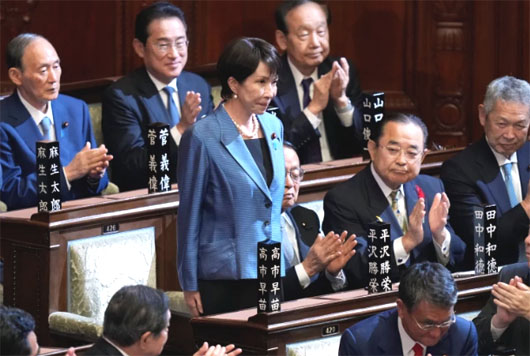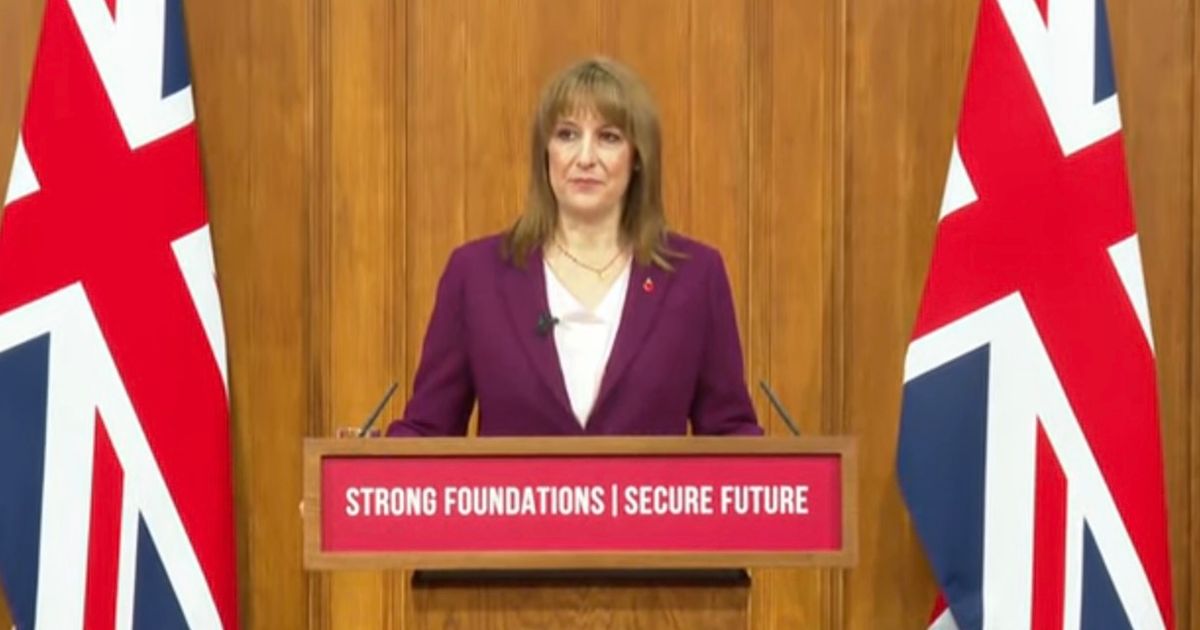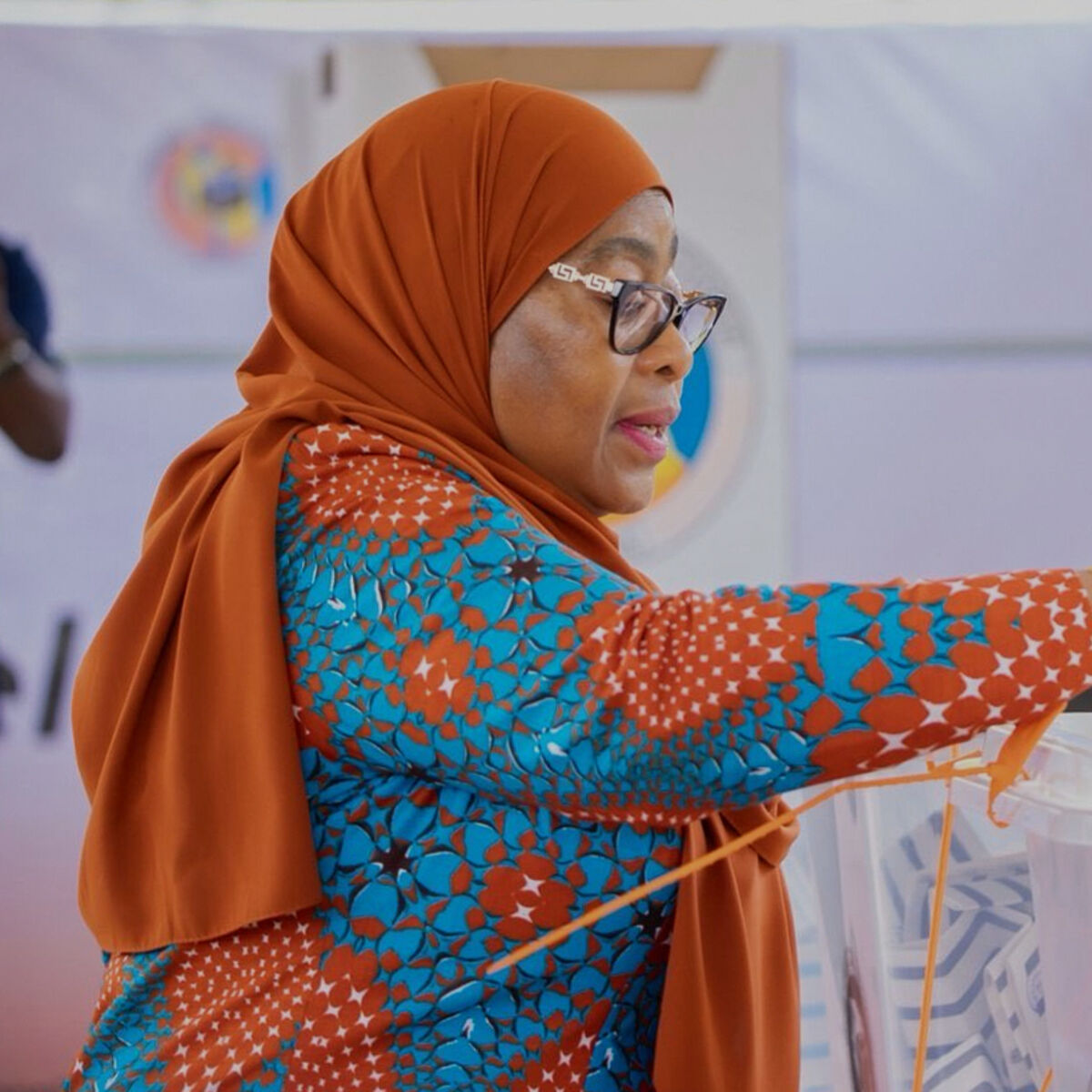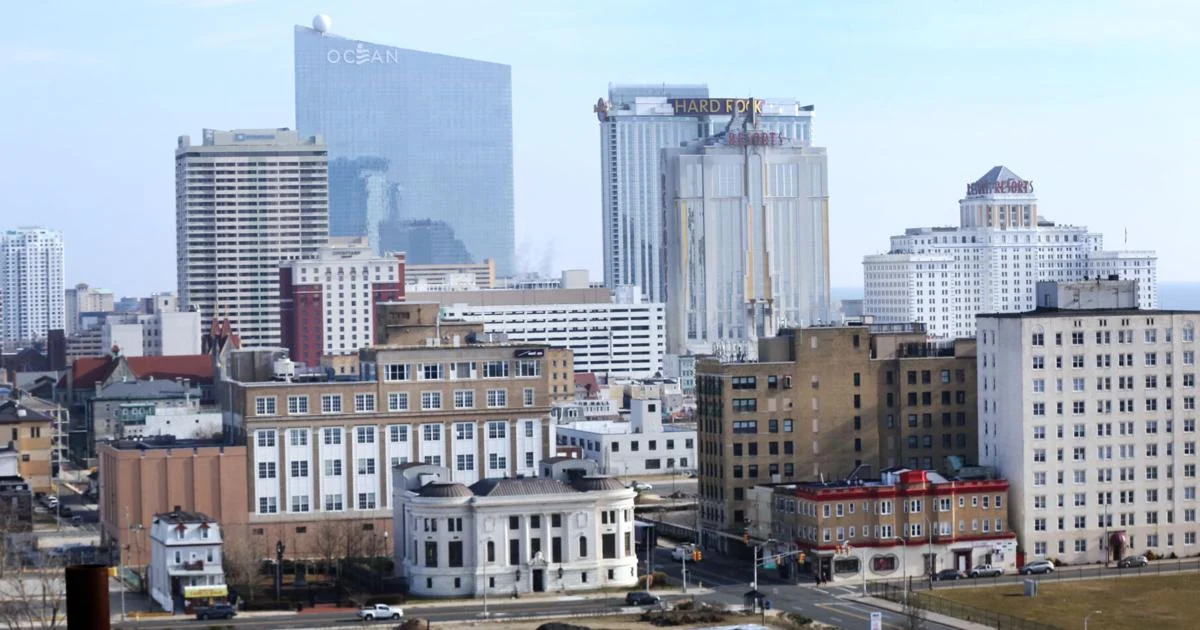Copyright New York Daily News
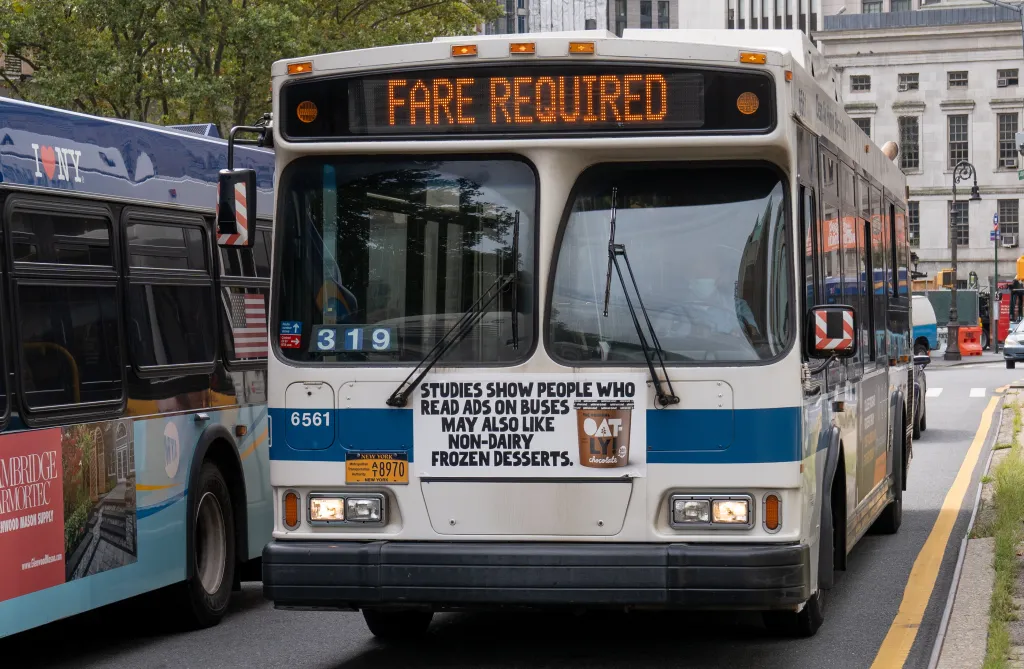
The Washington Post was right to say it plainly. Mayoral candidate Zohran Mamdani’s call to make New York City’s buses “free” is not progressive policy — it’s performative politics. It sounds compassionate, but it’s corrosive — to fiscal integrity, safety, and the very respect that keeps public systems functioning. Public transportation isn’t free to operate, maintain, or secure. Every bus, operator, mechanic, and police patrol costs real money. Eliminating fares doesn’t eliminate costs — it erases accountability. It’s not equity; it’s legalized evasion. The Post rightly mocked Mamdani’s math. He calls his $800 million annual plan “just under” the cost of the new Buffalo Bills stadium — as though two government giveaways are acceptable. Mamdani romanticizes his “free ride,” while his full agenda piles billions more in costs on the backs of taxpayers, riders and citizens. That’s not reform. That’s reckless. Cities that have tried fare-free transit learned quickly that the cost doesn’t vanish — it shifts. Olympia, Wash., raised its sales tax, forcing non-riders to pay. Portland, Ore., scrapped its experiment after vandalism and disorder overwhelmed drivers and passengers alike. When everyone rides for free, no one feels responsible. That’s the broken-windows effect in motion. When small norms — like paying your way — disappear, larger ones erode too. Fare payment isn’t just a transaction; it’s a sign of respect for the system and one another. Strip that away, and you reduce public spaces to chaos. The brutal murder of Iryna Zarutska on Charlotte transit last August is a tragic example of what can happen when small norms start to erode into crime and chaos. That the man charged in Iryna’s killing — with a lengthy record of violent crime — was riding without a fare ticket should surprise no one. Equally, we cannot let our buses become roaming homeless shelters. Mamdani cites a pilot program showing fewer confrontations between drivers and fare evaders. Of course there were fewer disputes — there was nothing left to enforce. The problem wasn’t solved; it was surrendered. As the Post observed, “those dangerous people were now onboard with everyone else.” Instead, invest in protections for transit workers, law enforcement and prosecution. And the notion that fare-free transit helps the poor is just as dishonest. Seniors, students, people with disabilities, and low-income riders already qualify for reduced or free fares and programs supported by federal, state and local dollars and charities. These targeted subsidies ensure access without undermining the entire system. When government tells citizens that public services “cost nothing,” it’s simply lying and shifting responsibility and cost to others. “Free” becomes a euphemism for “someone else pays,” and no one is accountable for performance or results. That mindset has weakened too many public systems already. Transit cannot become another casualty. If a city wants federal transit aid, it should maintain a fare structure that reflects value, discipline, and respect for taxpayers and riders. Fareless systems should not qualify for federal operating subsidies. Perhaps, it’s time to establish that line clearly: public transit can be equitable and affordable — but not free of responsibility. Mamdani’s “free” transit isn’t progress; it’s surrender. When leaders stop demanding responsibility, systems stop delivering results. Call it what it is — the death of accountability dressed up as compassion. Once that happens, decay isn’t far behind. “Free” transit doesn’t lift standards — it buries them.
